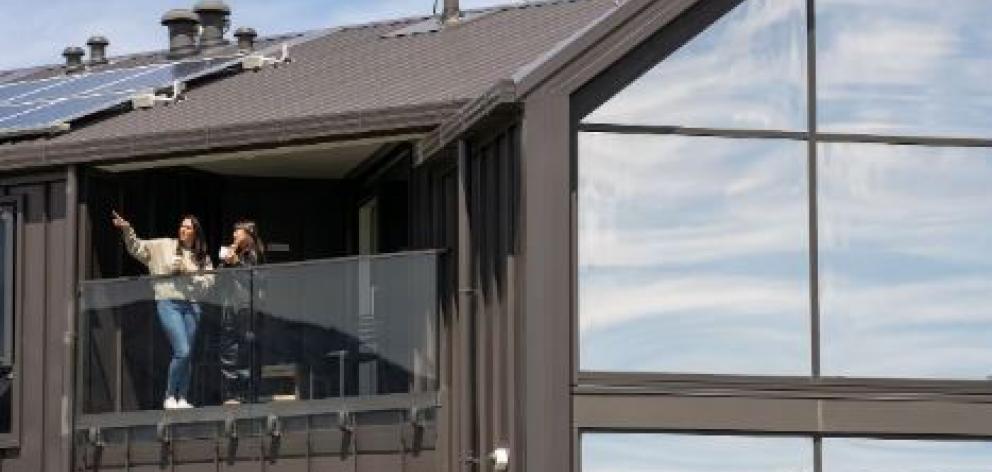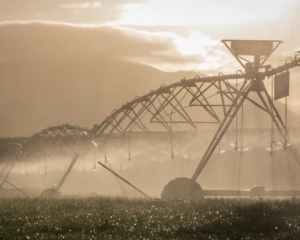The backpackers are back, with 1800 hostel rooms set to open in an ambitious four-month project.
A hospitality chain has announced plans to open 13 refurbed hostels across Aotearoa, six of which it says will be open by Christmas.
Haka House hostels have opened their first three properties in Tekapo, Christchurch and Aoraki Mt Cook, with three additional hostels aiming to complete a refurb by the end of the year, including Taupo.

A joint venture between Thai company GCP Hospitality and Haka Tourism Group, it is aiming to complete 1800 rooms in dormant properties to meet the influx of travellers arriving for an extended stay in New Zealand, on a budget.


“All 13 are renovated existing properties, which we are looking to bring back to life.”
The majority are previously sites of YHA NZ hostels, including a Rotorua hostel set to open next year.
“We have a really strong market projection of visitors for the summer holidays. America is the strongest of the lot, followed by Australia.”
“There’s been a rebound in long-haul tourism planning extended stays and looking for quality, design-led accommodation.”
Backpacker flashback: Hostel properties being resurrected around New Zealand
The Haka House Hostels are moving into properties barely exited by previous occupants. During the pandemic, New Zealand saw a contraction of available budget accommodation, with some large hostel chains diversifying or closing entirely.
YHA International, which pulled out of New Zealand in 2021 after 89 years, closed all 11 properties across the country in November 2021.
They walked away from an almost new $9m, 128-bed hostel at Lake Tekapo which opened in April 2019. The property quietly reopened under new ownership 12 months ago. The Herald reported that 10 former YHA properties were bought by ‘overseas interests’ last year, with investors including Haka Hospitality’s Thai business partner GCP.
Two years on, Haka are ready to pick up where they left off, snapping up nine YHA NZ locations. The backpackers aren’t far behind.
It’s not just the traditional ‘backpackers’ or travellers in their early 20s on working holiday visas that are booking the accommodation. The term ‘flashbacker’ has been coined for an older demographic opting to travel using shared dormitories and hostels in an attempt to navigate an increasingly expensive holiday to New Zealand.
“These market segments are attracted to the value for money offered by a new ‘hostel 2.0′ accommodation model,” says Erwann Mahe, CEO of GCP.
The revamp has been quick but considered, says Sanders, with new artwork and murals commissioned by Māori artists Charles and Janine Williams for each property.
By Thomas Bywater













